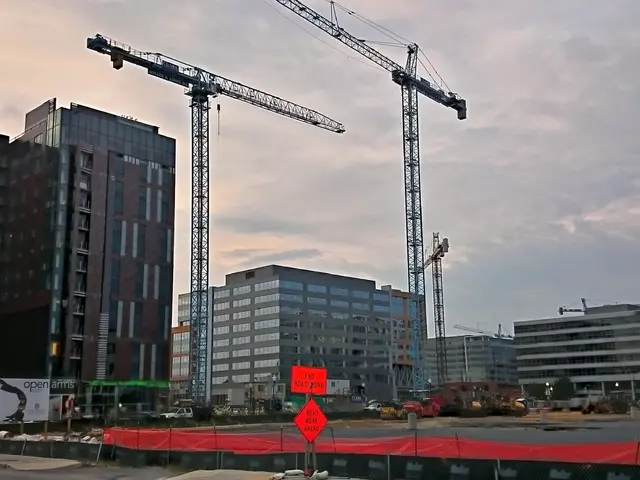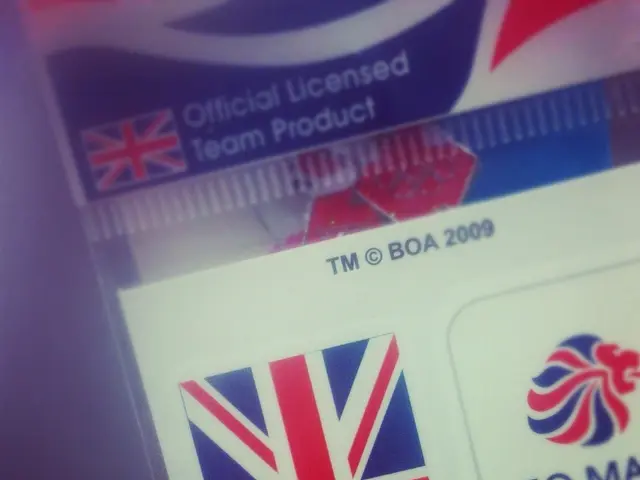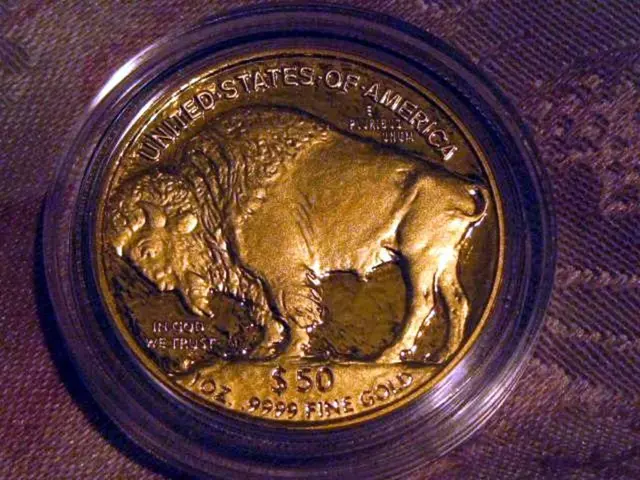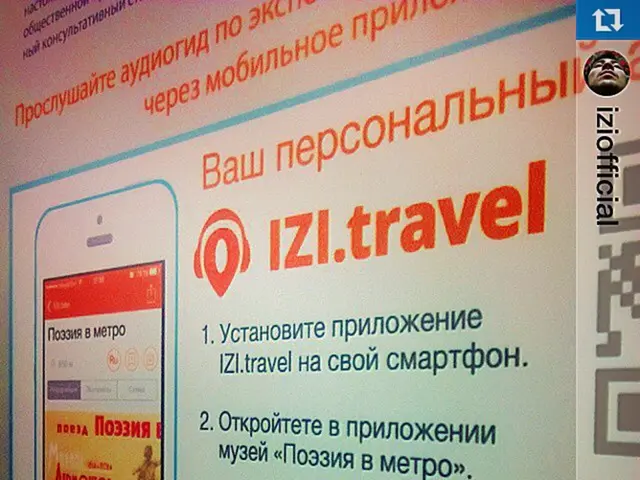Visas for commercial endeavors in the United States
In the dynamic world of global business, understanding the intricacies of U.S. immigration policies can be a daunting task. This article aims to simplify the process by providing an overview of the key business and investment visas available for foreign nationals seeking to enter the United States.
B-1 Visa (Temporary Business Visitor)
The B-1 visa is designed for short-term business activities such as attending conferences, business meetings, negotiating contracts, or consulting with partners. It's important to note that this visa does not permit employment or long-term stays.
To qualify for a B-1 visa, applicants must prove their intent to return to their home country after the visit, have sufficient funds to cover expenses during the stay, possess a valid passport (usable for six months beyond the trip), demonstrate strong ties to their home country (e.g., job, property, family), and submit supporting documents such as business letters or invitations. Employment or remuneration in the U.S. is not allowed with a B-1 visa.
The initial stay is usually 1-6 months, and can be extended. As of October 2025, a $250 Visa Integrity Fee applies for most B-1 applicants.
E-1 Visa (Treaty Trader)
The E-1 visa is for individuals engaging in substantial trade (goods, services, or technology) between the U.S. and their treaty country. Applicants must be citizens of a country with a trade treaty with the U.S., and the trade must be substantial and principally between the U.S. and the treaty country.
E-1 visa holders must be employed in a supervisory or executive capacity, or possess skills essential to the firm's operation. The business must be operational and engaged in trade. Typically, E-1 visas are granted for up to two years, renewable indefinitely as long as trade continues.
E-2 Visa (Treaty Investor)
The E-2 visa is for foreign investors from treaty countries who make a substantial investment in a U.S.-based business and seek to manage their investment. Applicants must be citizens of a country with a treaty of commerce and navigation with the U.S., and the investment must be substantial but does not have a fixed minimum.
Investment funds must be irrevocably committed and at risk. The business must be real, active, and generating more than marginal profits. Applicants must also intend to develop and direct the enterprise. E-2 visas are usually granted for two years initially, with indefinite renewals possible if requirements are maintained.
L-1 Visa (Intracompany Transferee)
The L-1 visa is for employees of an international company being transferred to the U.S. branch or affiliate in a managerial, executive, or specialized knowledge capacity. The company must have a qualifying relationship between the foreign and U.S. entities (parent, branch, affiliate). The employee must have worked for the foreign company for at least one continuous year within the last three years.
Work in the U.S. must be in a managerial/executive role (L-1A) or involve specialized knowledge (L-1B). L-1A visas are granted for up to 7 years, while L-1B visas are granted for up to 5 years.
H-1B Visa (Specialty Occupations)
The H-1B visa is for foreign workers in specialty occupations requiring theoretical and practical application of a body of highly specialized knowledge, generally requiring a bachelor’s degree or higher. The job must require a bachelor’s degree or higher, and applicants must possess the necessary educational qualifications.
Employers must submit a Labor Condition Application (LCA) to the Department of Labor, and there is an annual cap limit for new H-1B visas. The initial stay is up to 3 years, extendable to 6 years.
H-2 Visa (Temporary Non-Agricultural Workers)
The H-2 visa is for temporary or seasonal non-agricultural work in the U.S. Employers must demonstrate a temporary or seasonal need, prove there are not sufficient U.S. workers who are able, willing, qualified, and available, and the job must be temporary or seasonal.
The job must be temporary or seasonal, and employers must obtain labor certification from the Department of Labor. The duration is up to one year, with possible extensions.
This summary provides a brief overview of the key business and investment visas available for foreign nationals seeking to enter the United States. For precise application procedures and documentation, consulting official USCIS and Department of State resources or a qualified immigration attorney is recommended.
[1] USCIS - B-1 Visa Information [2] USCIS - E-2 Visa Information [3] State Department - B-1 Visa Information [4] State Department - E-2 Visa Information [5] State Department - Visa Integrity Fee
- To facilitate short-term business activities such as attending conferences or negotiating contracts, foreign nationals can apply for the B-1 visa, which permits temporary business visits but does not allow employment or long-term stays.
- The E-1 visa is designed for individuals from treaty countries who engage in substantial trade with the U.S., provided they are employed in a supervisory or executive capacity, possess essential skills for the firm, and invest in a real, active, and profitable business.








